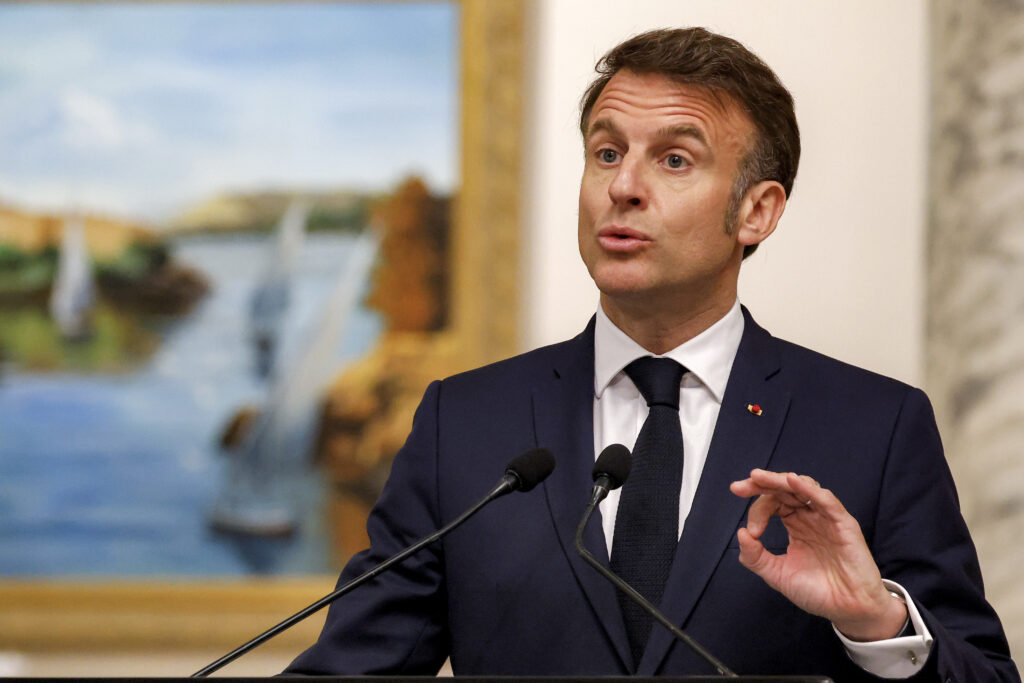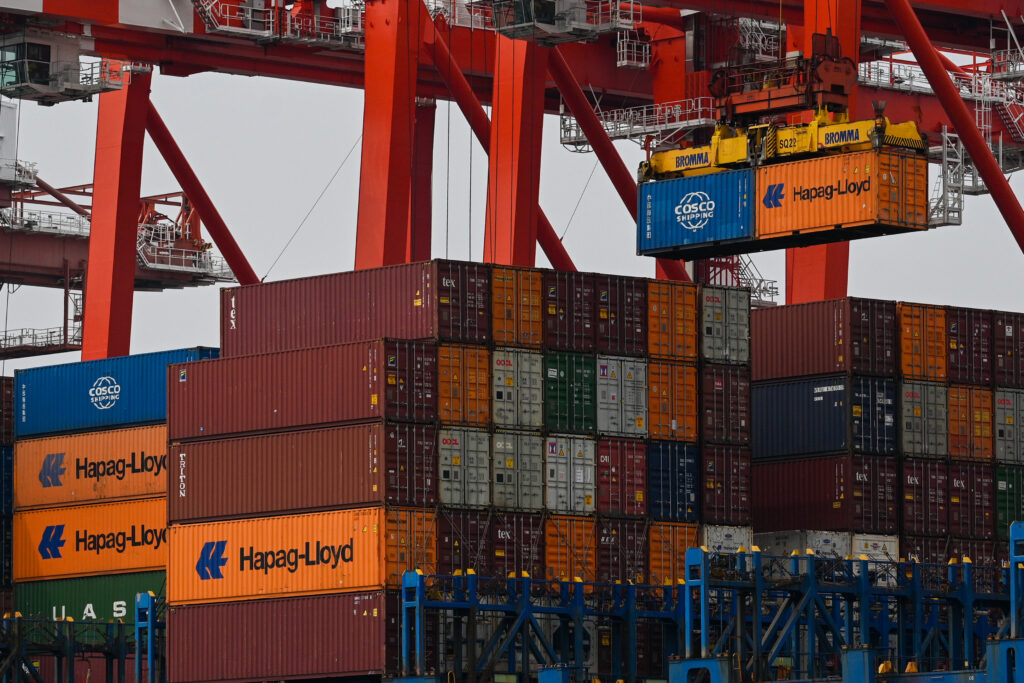AFP Asia Business
Trump warns against ‘stupid’ panic as markets plummet
US President Donald Trump cautioned against “stupid” panic on Monday as a global stock market rout deepened after Beijing retaliated against his tariffs offensive.Shares in New York joined the slump, with all three major US indices falling more than three percent in early trading.European equities were deep in the red but Asia fared worse, with …
Trump warns against ‘stupid’ panic as markets plummet Read More »
Honda executive resigns over ‘inappropriate conduct’
Honda’s executive vice president resigned on Monday over “an allegation of inappropriate conduct”, the Japanese automaker said.The incident occurred “during a social gathering outside of work hours”, Honda said in a statement without specifying what accusations were made against Shinji Aoyama, who is also the company’s director.”It is deeply regrettable that an individual positioned as …
Honda executive resigns over ‘inappropriate conduct’ Read More »
Macron rejects any Hamas role in post-war Gaza
French President Emmanuel Macron said on Monday that Palestinian militant group Hamas should have no role in governing the Gaza Strip once its war with Israel is over.On a visit to Cairo to discuss the war, Macron said he was strongly opposed to any displacement of Palestinians, throwing his weight behind a Gaza reconstruction plan endorsed by the Arab League to counter a US proposal to send the war-ravaged territory’s inhabitants elsewhere.Speaking alongside President Abdel Fattah al-Sisi in the Egyptian capital, Macron hailed his government’s “crucial work on this plan, which offers a realistic path to the reconstruction of Gaza and should also pave the way for new Palestinian governance” in the territory.The French president said Gaza’s post-war governance should be “led by the Palestinian Authority”, dominated by Hamas’s rival party Fatah and based in the Israeli-occupied West Bank.”Hamas must have no role in this governance, and must no longer constitute a threat to Israel,” Macron said.Israel has vowed to destroy Hamas and strongly rejected any future role for the Islamist group in the Gaza Strip after its unprecedented October 7, 2023 attack triggered the war, now in its 19th month.Hamas has recently signalled willingness to cede power in Gaza, which the Iran-backed group has ruled since 2007.After a two-month truce, Israel resumed intense bombardment across the Gaza Strip and restarted ground operations, killing at least 1,391 Palestinians since March 18, according to the territory’s health ministry.Macron said both France and Egypt “condemn the resumption of Israeli strikes on Gaza”, warning of a “dramatic” worsening in the situation on the ground.Both Macron and Sisi voiced support for “an immediate return” to the ceasefire and the resumption of aid access into Gaza, which Israel blocked shortly before renewing its offensive.- ‘Realistic path’ -Macron commended Egypt’s “tireless efforts” as mediator in the conflict, having brokered along with Qatar and the United States the January truce.The deal collapsed when Israel sought to extend the deal’s first phase but Hamas insisted on talks for a second phase, as originally outlined by then-US president Joe Biden.Macron and Sisi were joined on Monday by Jordan’s King Abdullah II for a summit on the war and humanitarian efforts to alleviate the war-induced suffering of Gaza’s 2.4 million people.The visit is a show of support for Egypt and Jordan, the proposed destinations in United States President Donald Trump’s widely criticised idea to move Gazans out of the territory.Macron said that “we are firmly opposed to the displacement of populations and to any annexation of both Gaza and the West Bank”, which Israel has occupied since 1967.He said the Arab League’s plan was a “realistic path for Gaza’s reconstruction” without forcing Palestinians to leave.Sisi warned that without a “just solution” for the plight of Palestinians there will not be “lasting peace and permanent stability in the Middle East”.King Abdullah stressed the need for “a just and comprehensive peace based on the two-state solution”, a Palestinian state alongside Israel.
India’s Adani opens giant Sri Lanka container terminal
India’s Adani Group said on Monday it had opened an $800 million container terminal in Sri Lanka, right next to a similar facility operated by a Chinese company.The Adani development at Sri Lanka’s main seaport in Colombo is widely seen as a counter to the rival Chinese terminal and as a means for India to …
India’s Adani opens giant Sri Lanka container terminal Read More »




